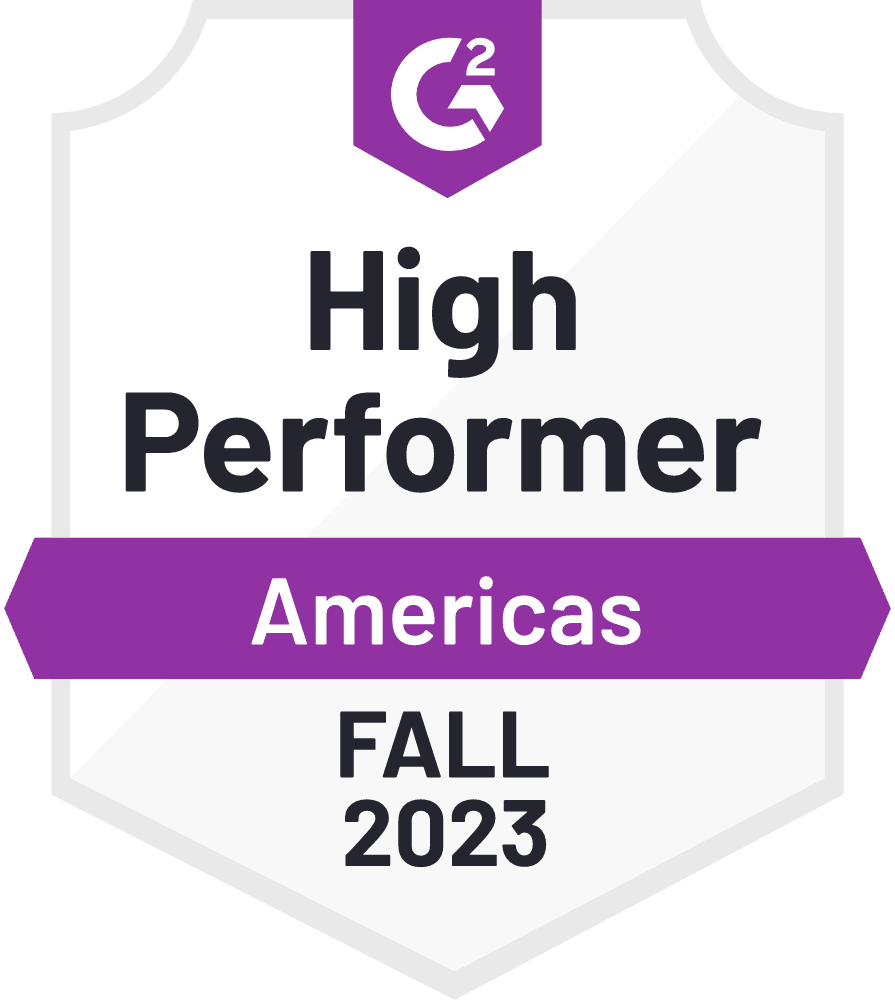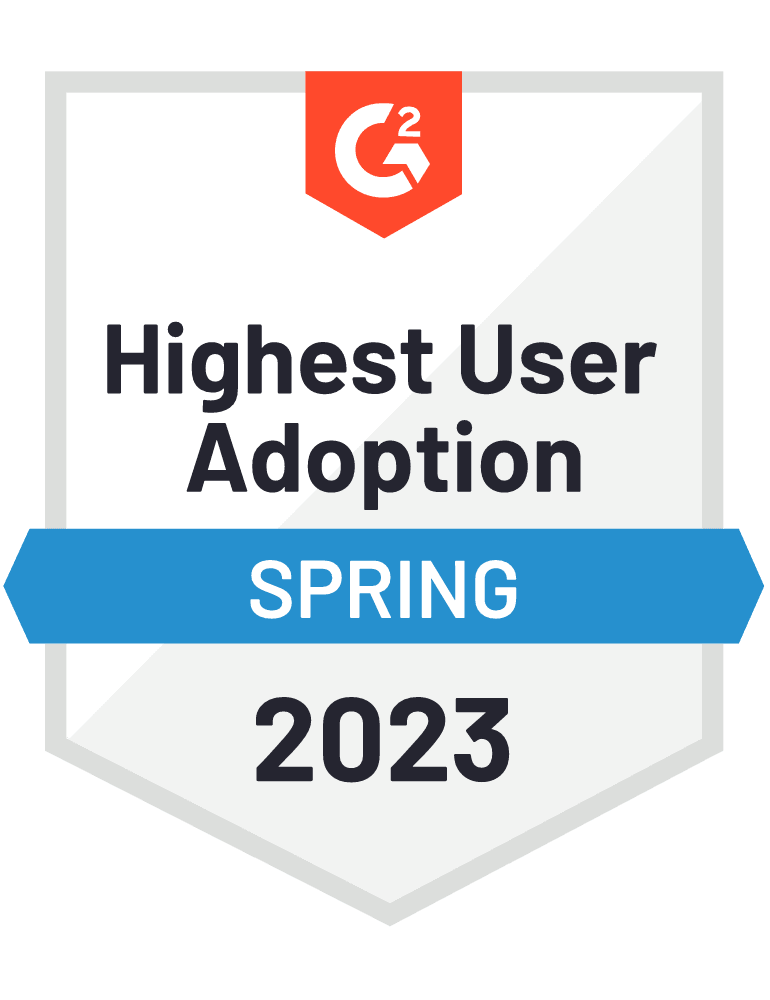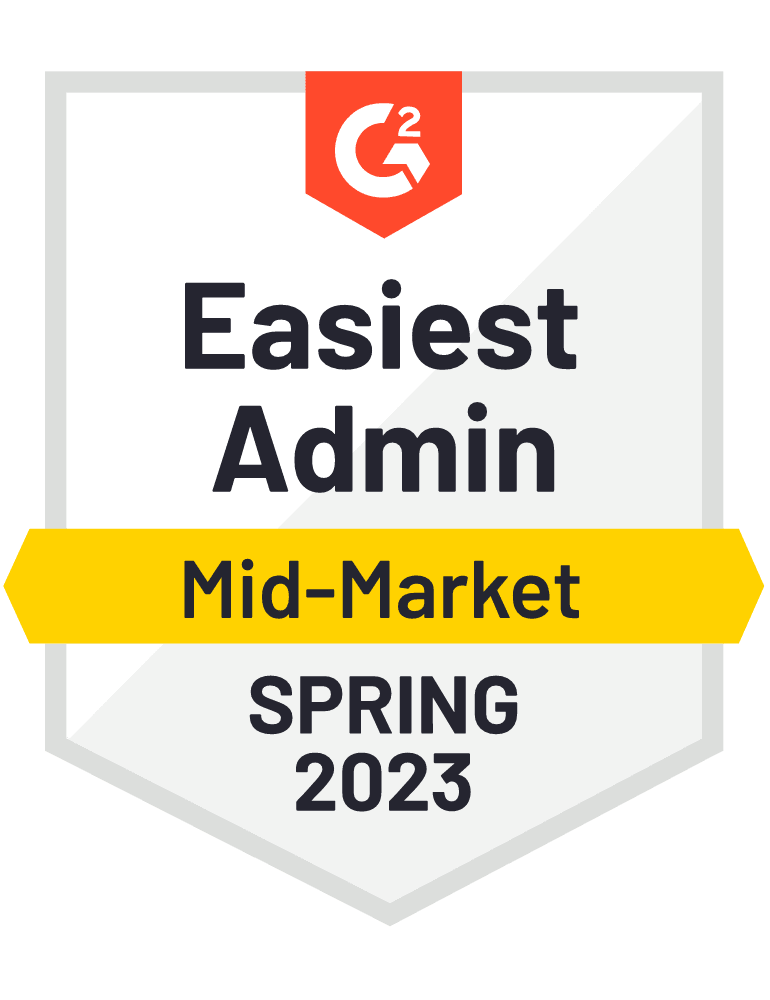We know, you’ve got a lot going on. So much, in fact, that you don’t have a ton of time to worry about what’s new in the payroll world. That’s where we come in!
Want to make sure you’re not missing important developments in the payroll scene? Never fear: we’ve got the round-up of payroll news and updates that you need to know in order to stay in the loop. This is Pay Matters – the July 2017 edition.
Read on to stay informed and stay in compliance with relevant alerts and insights that matter most for your payroll.
UPCOMING WEBINAR – KEEP ON LEARNING!
Whether you've been a manager for a while or you're new to this game, you won't want to miss our upcoming HR webinar!
HR Essentials: What Every Employer Needs to Know
Although no one can become an expert in all areas of employment law overnight, it’s important for managers, both new and seasoned, to have a basic understanding of HR best practices. We’ll give you a crash course on legal requirements for employers, touching on topics including wage and hour laws, leaves, and workplace harassment. The session will wrap up with some best practices for corrective action and termination.
Register for this webinar over on our webinar page.
FEDERAL UPDATES
President Signs Order to Expand Apprenticeship Programs
On July 15, President Trump signed the “Apprenticeship and Workforce of Tomorrow Executive Order”, calling for the expansion of apprenticeship programs. Under the order, new job training programs and education, especially in the vocational skills arena, will be created. At the same time, regulatory burdens on such programs will be eased. Existing programs will be evaluated for effectiveness so they are either improved or eliminated.
The goal of the executive order is to provide Americans with more affordable ways to obtain skilled, well-paying jobs.
For a copy of the Executive Order click here.
STATE UPDATES
New York Clarifies Paid Family Leave Payroll Deduction
New York employers are busy understanding and implementing the new payroll deduction under the New York Paid Family Leave Act (PFL).
Under the law, employers can deduct 0.126% of their employees’ weekly wages up to, but not to exceed, 0.126% of the statewide average weekly wage (SAWW). The SAWW to use for deductions from July 1, 2017, through June 30, 2018, is $1,305.92. This means that the maximum weekly contribution for employees earning more than $1,305.92 per week is $1.65.
The state Workers Compensation Board clarified that the payroll deduction is not mandatory for the period July 1, 2017, to December 31, 2017. Rather, whether to deduct the new tax is the choice of the employer. New York had previously stated that wage deductions would be mandatory from July 1, 2017, to December 31, 2017.
Benefit coverage begins on January 1, 2018. At that time, employers must either deduct the PFL tax from their employees’ wages or pay the cost of paid- family premiums themselves. If employers choose not to deduct form wages, the employer will be obligated to pay as a premium the amount that would have been deducted.
Employers who choose not to deduct the PFL tax from their employees’ wages during the second half of 2017 cannot retroactively collect afterward for that period.
Viventium will automatically begin deducting the PFL contribution from your New York employees who are currently set up with New York Disability (NYSDI). starting July 1, 2017. If you do not want this contribution to be deducted, please contact your client services representative.
If you use Viventium’s general ledger service, please reach out to your Client Services team to add a new account for the paid family leave deduction.
For more information on the Paid Family Leave act please click here.
Arkansas Passes Pre-emptive Law Restricting Localities
Arkansas recently passed legislation banning its cites from passing and enforcing their own laws in the areas of employee benefits, such as minimum wage and paid sick leave.
Minimum wage in Arkansas is currently $8.50 per hour.
As the trend of localities passing their own minimum wage and benefit laws increases, Arkansas joins a growing list of states who are passing pre-emptive laws to halt this movement.
Kansas Withholding Tax Rates Change
ON June 6, a new Kansas law was passed increased tax rates for tax years 2017 and 2018 and established a third tax bracket. Since the 2017 tax rates are retroactive to Jan. 1, 2017, the new tables use the 2018 rates, which are higher than the 2017 rates, to correct under-withholding that occurred under the old rates. Employers are not required to make additional adjustments to account for under-withholding but must implement the new rates as soon as possible. These rates will continue to be used in 2018.
Viventium will automatically update your Kansas state withholding rates.
LOCAL UPDATES
New York City “Fair Work Week” Legislation to Affect Fast Food Workers
On May 30, Mayor Bill de Blasio signed into law the “Fair Work Week” legislation. The law primarily addresses scheduling practices for NYC retail and fast food workers with the goal of providing workers in these industries with scheduling predictability. The law goes into effect on November 26, 2017.
The law includes a requirement that NYC fast food employers must provide employees with their 7-day work schedule at least 14 days in advance. The schedule must include details of all regular shifts and on-call shifts. New employees must be given written “good faith” estimates of weekly hours. Any changes to the schedule must be updated and communicated to the employee within 24 hours. Employees can decline to work any additional hours not included in the original schedule. Schedule changes with less than 14 days’ notice may entitle an employee to premium payment. Any new shifts must be offered to current employees before new employees are hired.
Retail employees must be given at least 72 hours’ notice of when they are needed to report to work. The legislation bans “on-call scheduling” which requires retail employees to be available to work at a given time, but may not necessarily be called to work. Employees must also be given a written work schedule and the work schedule of all employees at a given location must be posted in a conspicuous place. Employees must be notified of any changes to the schedule.
Posters detailing the requirements on the law must be posted in the workplace. New York City has said they will make these posters available on their website.
For the complete text of the law click here.
New York City Revises Withholding Tables
Effective July 1, 2017, the New York City income tax withholding schedules will be revised to reflect changes in how the state school tax relief program (STAR) applies to city residents. For more information on the upcoming changes and the new tables click here. Viventium will automatically update your NYC withholding rates.
Philadelphia Tax Rate Decrease
Effective July 1, 2017, the wage rates in the city of Philadelphia will decrease slightly to 3.8907 percent from 3.9004 percent for residents and to 3.4654 percent from 3.4741 percent for nonresidents.
The city has said that they expect to gradually decrease rates until 2022.
Viventium will automatically update your Philadelphia withholding rates.
For more click here.
MINIMUM WAGE UPDATES
July 1 Wage Increases
Washington, DC minimum wage is to increase to $12.50 from $11.50; in Maryland, to $9.25 from $8.75; and in Oregon, the standard hourly minimum wage is to increase to $10.25 from $9.75, the Portland metro minimum wage is to increase to $11.25 from $9.75; and the nonurban counties minimum wage is to increase to $10 from $9.50.
Local minimum wage changes also take effect in municipalities in Arizona (Flagstaff), California (Emeryville, Long Beach, Los Angeles city and county, Malibu, Milpitas, Pasadena, San Francisco, San Jose, San Leandro, Santa Monica), Illinois (Chicago, Cook County), and Maryland (Montgomery County).
This information is for educational purposes only, and not to provide specific legal advice. This may not reflect the most recent developments in the law and may not be applicable to a particular situation or jurisdiction.










